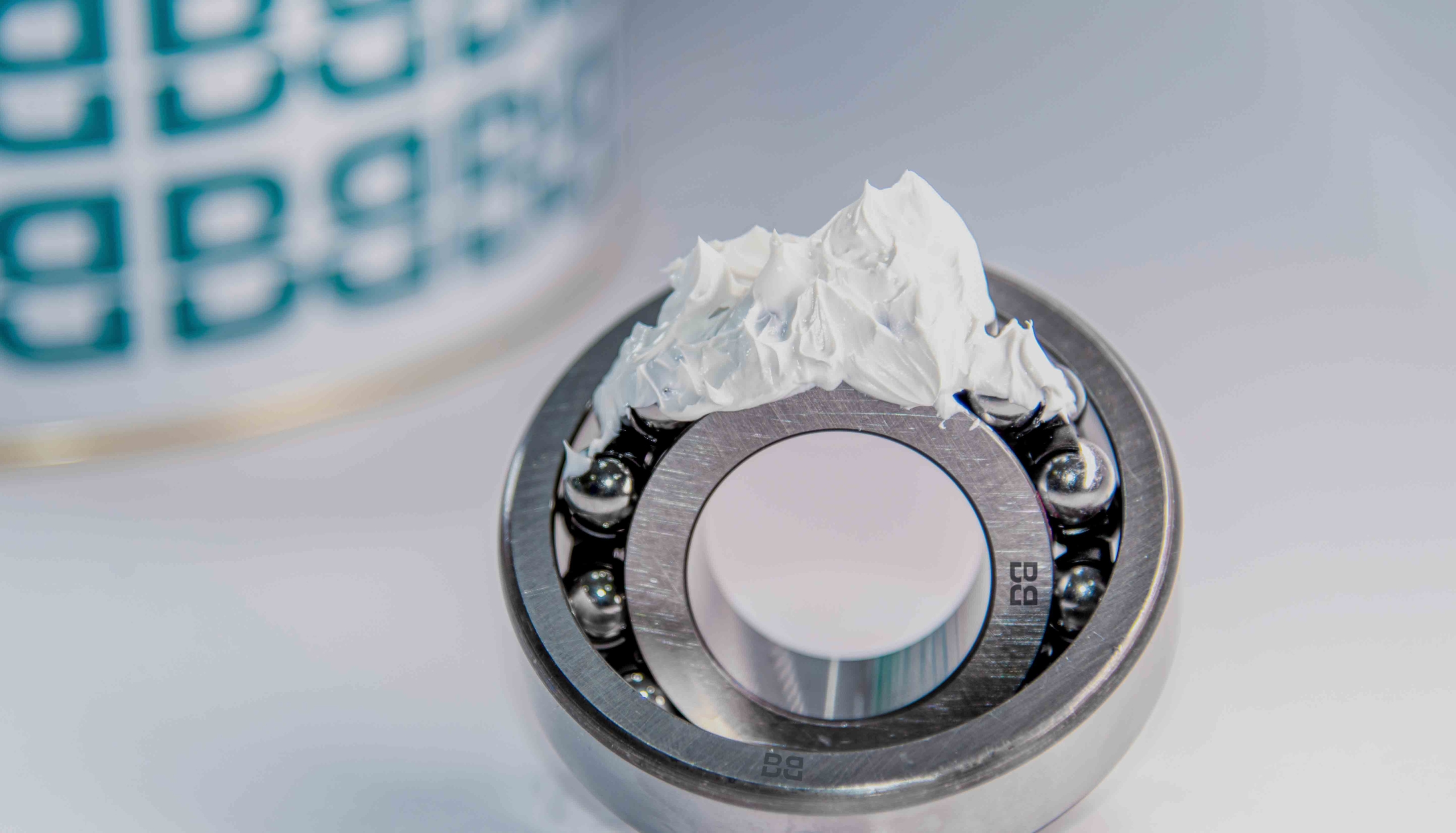What is POPs-free lubricant, why are more manufacturers paying attention to it?
2025
What is POPs?
POPs (Persistent Organic Pollutants) are hazardous chemical substances with the following three main characteristics:
- High persistence – They are extremely difficult to break down in the natural environment and can remain in soil, water, or air for long periods.
- Bioaccumulation – They easily accumulate in living organisms and can magnify progressively through the food chain.
- Long-range transport – They can travel long distances via wind or water, meaning POPs used in tropical regions can even be detected in the Arctic.
Representative examples include: pesticides such as DDT, Aldrin, and Chlordane; industrial chemicals such as PCB (polychlorinated biphenyls), HBB, PFOS, PFOA, and DecaBDE; and by-products from manufacturing processes such as dioxins and furans.
Do lubricating oils or greases also contain POPs?
Unfortunately, to some extent yes. Lubricants can contain POPs residues due to raw materials or additives. Common potential sources include:
- Fluorinated lubricants (PFAS-based) – Such as PFOS and PFOA, used for high-temperature or water-repellent applications.
- Processing oils (with chlorinated additives or extreme pressure agents) – May contain short-chain chlorinated paraffins (SCCPs, classified as POPs).
- Flame-retardant lubricants / synthetic ester additives – May carry residues of brominated flame retardants such as DecaBDE.
- Old machinery leaks – PCB-containing insulating oils from aging equipment contaminating the lubrication system.
What regulations govern POPs?
| Regulation | Applicable Region | Key Restricted Substances |
|---|---|---|
| Stockholm Convention | Global (United Nations) | POPs listed in the official register (continuously updated) |
| EU POPs Regulation (EU) 2019/1021 | European Union | Clear concentration limits (e.g., PFOS < 10 ppm, SCCP < 0.15%) |
| China “Catalogue of Persistent Organic Pollutants” | Mainland China | Revised in alignment with the Stockholm Convention |
| Taiwan Toxic and Concerned Chemical Substances Control Act | Taiwan | Lists controlled toxic substances such as PFOS, PFOA |
How can I know if my current lubricant complies with POPs restrictions?
Due to the potential environmental and health hazards of POPs (Persistent Organic Pollutants), more and more countries and regions have begun imposing restrictions and regulations, while some companies have proactively phased out and replaced products containing POPs. For example, both the EU and the U.S. have banned or restricted the use of certain POP substances.
At the same time, our R&D laboratories and partners have been developing safer and more environmentally friendly alternative formulations for many years to reduce reliance on and usage of POPs.
From past experience, “POPs-free lubricants” are not an entirely new concept; however, achieving the extreme pressure performance, thermal stability, and long service life of certain chlorine- or bromine-based lubricant additives without using POPs remains a technical challenge.
Nevertheless, Brugarolas S.A. has been committed to developing high-performance POPs-FREE eco-friendly lubricant alternatives, as well as PFAS-FREE fluorine-free lubricants within our most popular product lines. Our goal is to deliver green lubrication solutions that are friendlier to the environment and people—without compromising performance.
In short, POPs are an important but high-risk class of industrial chemicals, and effective management and replacement strategies have become a major focus of lubricant industry R&D.
You can ask your current supplier, or contact us via the details below so our technical engineers can review your existing products and provide you with more detailed information about POPs.
Brugarolas Specialty Lubricants
Founded in 1885 and headquartered in Barcelona, Spain, Brugarolas Lubricants is dedicated to innovation in lubricant applications. All products comply with the RoHS Directive, so you never need to worry about restricted substance testing for your product imports and exports. Our lubricants help extend equipment lifespan and reduce operating costs. The complete product line covers a wide range of industries, including cement, mining, food, paper, aerospace, and high-tech electronics. If you require special lubricants for applications not mentioned here, please feel free to contact our engineers.
Our Advantages:
- Reduce friction and wear, minimise abnormal noise
- Extend component lifespan
- Prevent contamination
- Withstand vacuum conditions
- Improve functionality and reliability
- Increase production yield rates
- Prevent product defects
- Maximize uptime
- Low odor
- Ensure on-site safety
- Non-hazardous products
- Lower overall costs
Fill out the form, including details such as company, department, application point, operating temperature, lubrication environment, and other relevant information. Once we receive your message, our engineers will contact you promptly.






